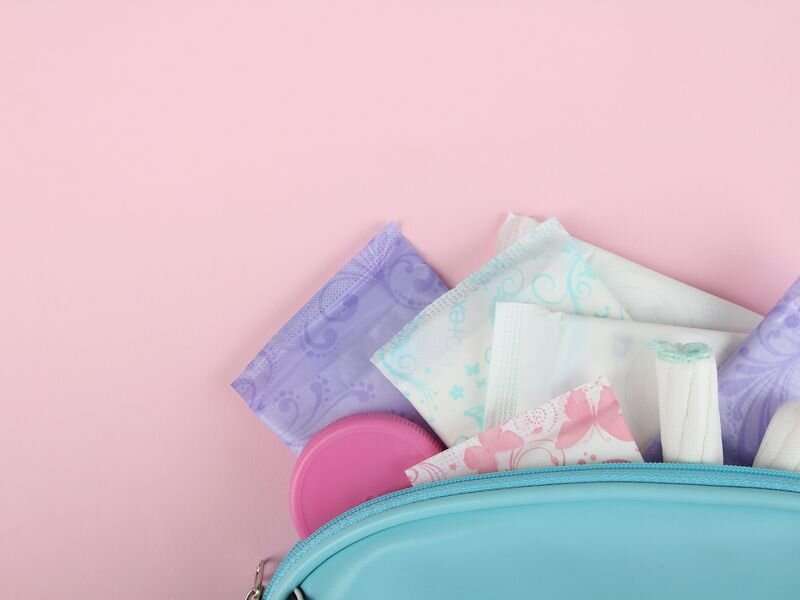CVS will lower price of menstrual products in many states with ‘tampon tax’

CVS Health announced Wednesday that it will lower the prices of its brand of menstrual products by 25% in 12 states that tax tampons, pads and similar items.
Twenty-one states tax these essential products, according to U.S. Facts. But their high cost can be tough on low-income women, advocates say.
“Period poverty is a common, yet hidden and stigmatized, public health issue in the United States and globally,” Jhumka Gupta, an associate professor at George Mason University in Virginia, told CBS News.
“It can reduce women’s participation in school and the workplace,” noted Gupta, who published a study in 2021 that found 10% of college women can’t access menstrual hygiene products.
CVS Health has already started paying sales taxes on the products in Arkansas, Georgia, Hawaii, Louisiana, Missouri, South Carolina, Tennessee, Texas, Utah, Virginia, West Virginia and Wisconsin. But it can’t pay the taxes in every state, because some don’t allow organizations to pay customer taxes, CBS News reported.
The company said it will also review other products, such as razors and shaving cream designed for women, to make sure those items are not priced higher than those for men.
While some states view menstrual hygiene products as luxury items, they are necessities that can be hard for low-income people to afford, health experts said.
A double standard exists in places like Texas, which requires state tax on menstrual products, listed as “wound care dressings,” while not taxing male libido enhancers or gender-neutral products like Band-Aids, CBS News reported.
Other countries face similar issues: Scotland recently was the first to mandate free menstrual products.
“Gender inequality, extreme poverty, humanitarian crises and harmful traditions can all turn menstruation into a time of deprivation and stigma, which can undermine their enjoyment of fundamental human rights,” the United Nations Population Fund said in May.
Texas state senator Joan Huffman plans to work toward passing legislation in the coming year to exempt the products from taxation in her state.
Source: Read Full Article
